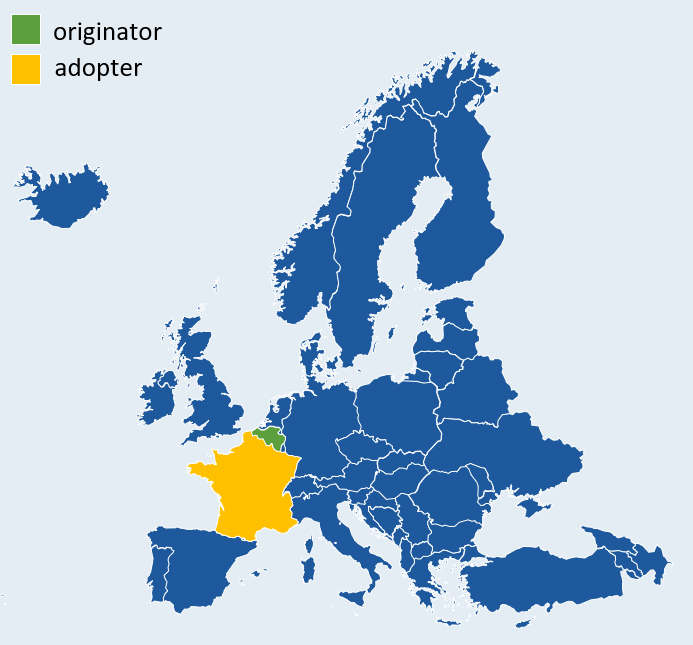ScarPath is a digital tool for easy data collection to advance research, disease prevention and personalised health and care for scar patients. ScarPath allows researchers and other professionals to pool resources (data, expertise, computing…
Twinning solution
Twinning type
Main policy priority
Originator
Adopter(s)
Short description
ScarPath is a user-friendly digital tool for scar assessment that could also be used in the follow-up of scar treatment, and therefore, enables a better treatment outcome and data gathering for universal scar evaluation (as no standardized assessment protocols are available within this field of research so far). The scientific importance and novelty is that ScarPath leads to a standardized data collection of highly relevant and valid scar measures.
Aiming at data collection at scale to advance research, disease prevention and evidence-based therapy in scar treatment, it allows researchers and other professionals to pool resources (data (data, expertise, computing processing and storage capacities) in large pragmatic trials across the EU on objective scar outcome measures, scar patient-reported outcome measures and scar treatment.
The adopter is especially interested in the automated data collection, data management and data analysis together with the possibility to exchange or pool data with other clinical/research centres. Thus, the twinning action can be the first step to discuss a concrete solution for standardized data collection in scar research.
